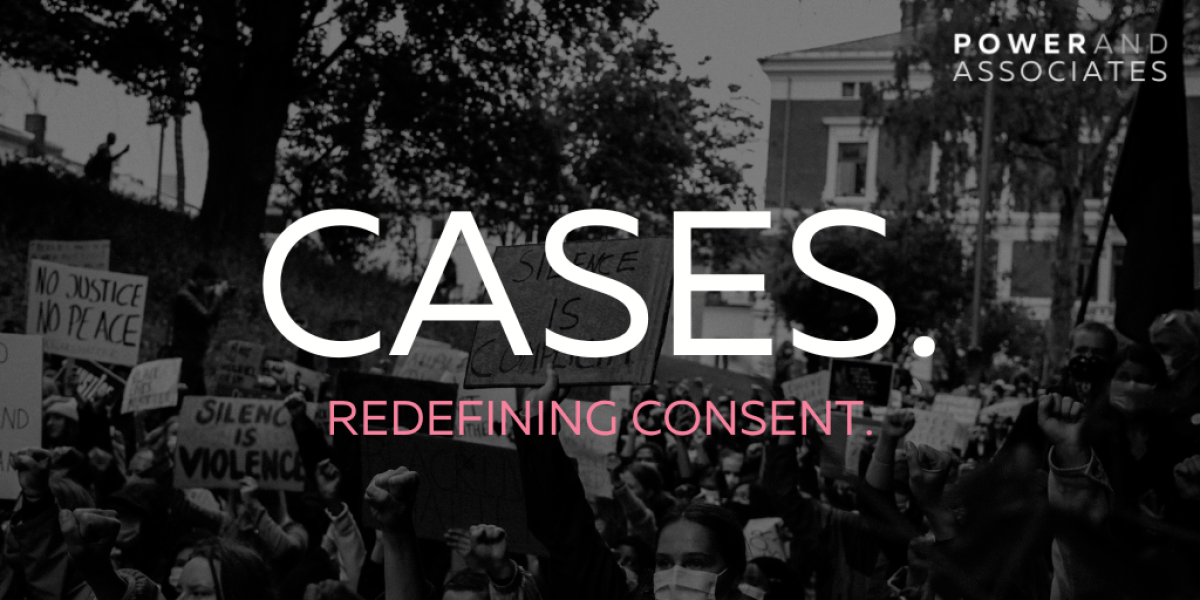COVID 19: UN Women publishes principles and recommendations for data collection on the impact of COVID-19
On 17 April 2020, United Nations (UN) Women published a living document that provides an overview of challenges, principles, and recommendations to assist those who are collecting data on the impact of COVID-19 on violence against women and girls (VAWG).
The document lists three primary challenges:
- Conventional data collection methods may not be feasible. The document explains the present circumstances of the COVID-19 pandemic may not allow for traditional data collection efforts, and notes challenges concerning face-to-face contact, travelling and the collection and storage of data.
- The use of remote data collection methods on VAWG can entail serious safety risks. While digital technologies can facilitate a level of remote collection, there are concerns about privacy, access, and exposure to further harm.
- Understanding what data can – and cannot – be collected and what data can – and cannot – tell us: The document notes that a decrease in calls to helplines may not imply a decrease in the number of incidents, as access to helplines might not be a reality for those confined to the same spaces as the perpetrator. The document suggests that data from a variety of sources such as police, shelters, helplines and other services need to be considered.
The document provides the following guiding principles:
- Protecting and supporting women and girls who experience violence. The priority must be to ensure that victims, survivors and those affected by violence have access to quality services and support.
- Existing data can already provide strong evidence to inform the response to COVID‑19. Existing and secondary data, such as data from rapid assessments of service provision and academic and media reports can be drawn upon to fully gauge the extent of the problem.
- Ethical and safety principles for VAWG data collection remain paramount important during a crisis. The ethical and safety recommendations for research on VAWG should be observed during this time. This includes ensuring the safety, privacy, and confidentiality of those affected, the provision of support services, the deployment of properly trained teams, and mechanisms and strategies to reduce any possible distress caused by the data collection.
The document concludes with four key recommendations:
- Do not proceed with data collection if there are any risks of harm. Safety remains the priority. In instances safety, privacy, confidentiality, and support cannot be provided data collection should not continue.
- Choose the most appropriate data collection method and source for your context and objectives, always ensuring the safety of women respondents. Informant interviews from service providers and frontline workers can provide useful data. Service-based data, qualitative data, and participatory data collection approaches could also be of use.
- Do not include questions about women respondents’ experiences of violence as part of population-based rapid assessments. Avoid including questions that can potentially put survivors, victims and third parties at risk. If necessary, broader questions about feelings of safety in different situations might be appropriate.
- Advocate for the needs of women and girls who are often marginalised. Be inclusive in the collection of data, and where possible include adolescent girls, older women, women and girls with disabilities, refugee women, female migrant workers, and racial and ethnic minorities.
The document is accessible here.
Please note: The information contained in this note is for general guidance on matters of interest, and does not constitute legal advice. For any enquiries, please contact us at [email protected].





